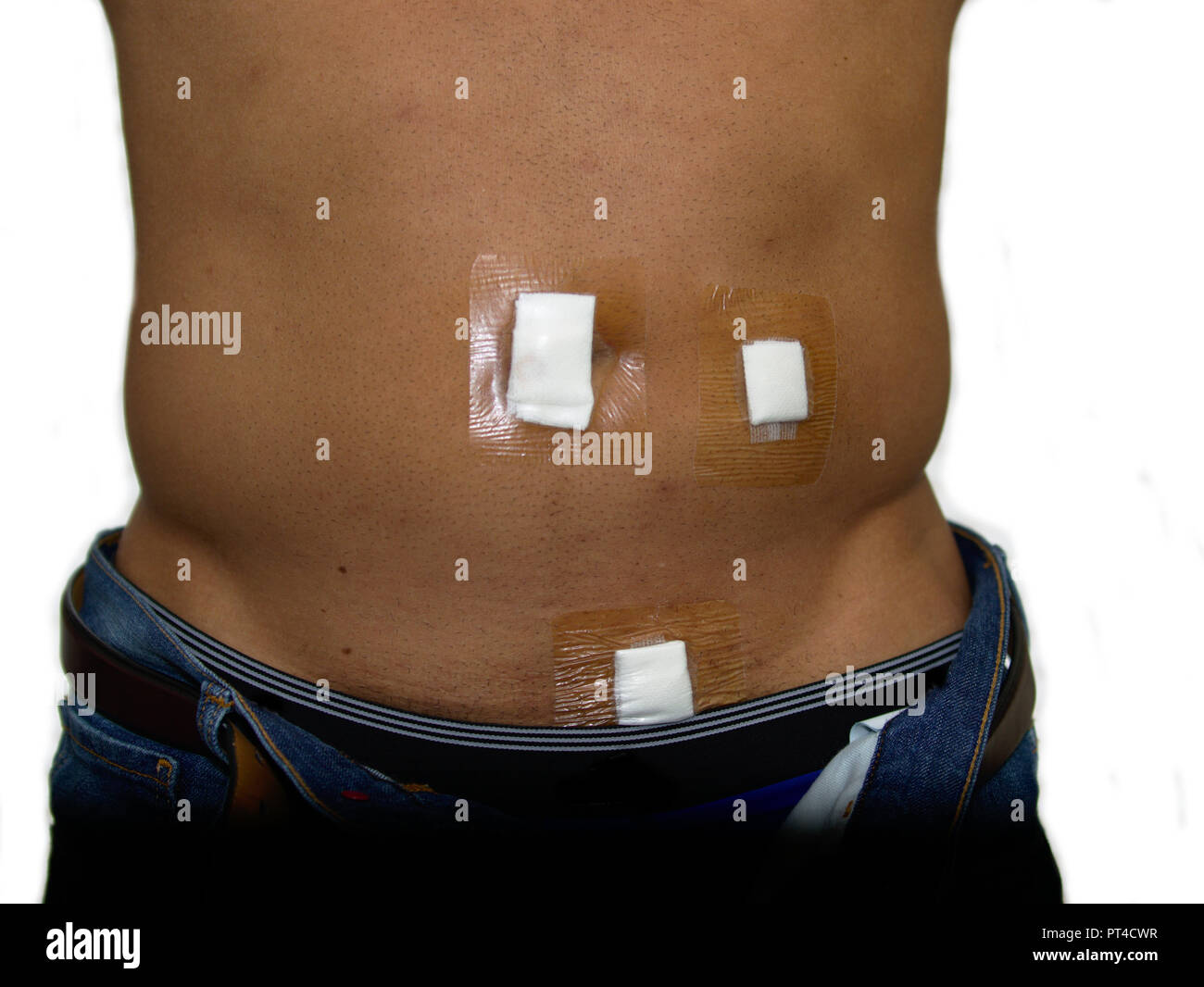Senior Dental Implants

As we age, our teeth naturally undergo wear and tear, and for many seniors, this can lead to tooth loss. Tooth loss can significantly impact an individual’s quality of life, affecting their ability to eat, speak, and even their self-confidence. Senior dental implants have emerged as a highly effective solution for restoring smiles and improving oral health in older adults. In this comprehensive guide, we will delve into the world of senior dental implants, exploring their benefits, types, and what to expect from the implant procedure.
Understanding Dental Implants
Dental implants are essentially artificial roots made of titanium that are surgically placed into the jawbone to support a crown, bridge, or denture. This surgical procedure is designed to provide a long-lasting and comfortable solution for tooth replacement. Unlike traditional dentures, which can be removable and sometimes unstable, dental implants offer a more permanent and natural-feeling solution. They help preserve the jawbone and prevent the facial sagging that can occur with missing teeth, thereby maintaining a more youthful appearance.
Benefits for Seniors
For seniors, dental implants offer numerous benefits that can significantly enhance their quality of life. Some of the key advantages include: - Improved Chewing Ability: Dental implants function like natural teeth, allowing for better chewing and digestion of food. This can lead to improved nutrition and overall health. - Enhanced Speech: Missing teeth can affect speech, causing mumbling or difficulty enunciating words. Dental implants can help restore clear and confident speech. - Boosted Self-Esteem: A complete and healthy smile can greatly improve a person’s self-confidence and overall sense of well-being. - Durability and Longevity: With proper care, dental implants can last for many years, making them a long-term solution for tooth loss. - Convenience: Unlike dentures, dental implants do not require adhesive or special cleaning solutions. They are easy to maintain with regular brushing and flossing.
Types of Dental Implants
There are several types of dental implants that can be suitable for seniors, depending on their specific needs and the condition of their jawbone and remaining teeth. The main types include: - Single-Tooth Implants: These are used to replace a single missing tooth. They consist of a single implant and a crown that matches the surrounding teeth. - Implant-Supported Bridges: These are used when several teeth are missing. Instead of individual implants for each tooth, an implant-supported bridge uses two implants to support a bridge of artificial teeth. - Implant-Supported Dentures: Also known as overdentures, these are used when all the teeth are missing. They are dentures that are anchored to implants, providing greater stability and comfort than traditional dentures.
Procedure for Dental Implants
The process of getting dental implants involves several steps and can take several months to complete. Here is a general overview: 1. Consultation: The first step is a consultation with a dentist or oral surgeon to discuss your suitability for dental implants. This involves a thorough examination of your mouth, including X-rays and possibly a CT scan to assess the bone density and health of your jaw. 2. Implant Placement: If you are deemed a good candidate, the next step is the surgical placement of the implants into your jawbone. This procedure is typically done under local anesthesia to minimize discomfort. 3. Healing and Osseointegration: After the implants are placed, the jawbone needs time to heal and integrate with the implant, a process known as osseointegration. This can take anywhere from a few weeks to several months. 4. Abutment Placement: Once the implants are integrated, a second minor surgery is performed to attach abutments to the implants. These abutments serve as connectors between the implants and the prosthetic teeth. 5. Prosthetic Attachment: Finally, the prosthetic teeth are attached to the abutments. Depending on the type of implant, these can be removable by the dentist for cleaning or fixed in place.
Cost Considerations
The cost of dental implants can vary widely depending on several factors, including the location, the dentist’s or oral surgeon’s expertise, the type of implant, and the number of implants needed. While dental implants are generally more expensive than other tooth replacement options, their longevity and the significant improvement they can make to one’s quality of life often make them a worthwhile investment. It’s also worth noting that some dental insurance plans may cover part of the cost of dental implants, especially if they are deemed medically necessary.
Conclusion
Senior dental implants offer a transformative solution for older adults looking to restore their smile, improve their oral health, and enhance their overall quality of life. With their natural feel, durability, and the numerous benefits they provide, dental implants are becoming an increasingly popular choice for seniors dealing with tooth loss. Whether you’re looking to replace a single tooth or a full set of teeth, there’s a dental implant solution that can meet your needs and help you regain confidence in your smile.
FAQ Section
Are dental implants suitable for all seniors?
+Most seniors can be good candidates for dental implants, but the decision is made on a case-by-case basis. Factors such as overall health, jawbone density, and the presence of certain medical conditions can influence suitability.
How long do dental implants last?
+Dental implants are designed to be long-lasting, with many lasting for 25 years or more with proper care and maintenance. The longevity of implants can depend on various factors, including the quality of the implant, the skill of the dentist, and the patient's oral hygiene habits.
Do dental implants feel like natural teeth?
+Dental implants are designed to feel and function like natural teeth. They allow for comfortable chewing, speaking, and smiling without the worry of dentures slipping or falling out. Over time, most people forget that they have an implant as it becomes a natural part of their dental structure.
Decision Framework for Seniors Considering Dental Implants
When considering dental implants, there are several key factors to take into account to ensure that you make an informed decision. Here are some steps to help guide your decision: 1. Assess Your Needs: Determine the extent of your tooth loss and what type of dental implant would best suit your needs. 2. Consult a Professional: Schedule a consultation with a dentist or oral surgeon to discuss your suitability for dental implants and the specifics of the procedure. 3. Evaluate the Cost: Consider the cost of dental implants and whether they fit within your budget. Factor in the potential long-term savings and benefits compared to other tooth replacement options. 4. Consider Your Lifestyle: Think about how dental implants might improve your quality of life, including your ability to eat, speak, and interact socially with confidence. 5. Review the Procedure: Understand the steps involved in the implant procedure, including the time required for healing and the aftercare needed to ensure the success of the implants.
By carefully considering these factors and discussing your options with a dental professional, you can make an informed decision about whether senior dental implants are the right choice for you.



